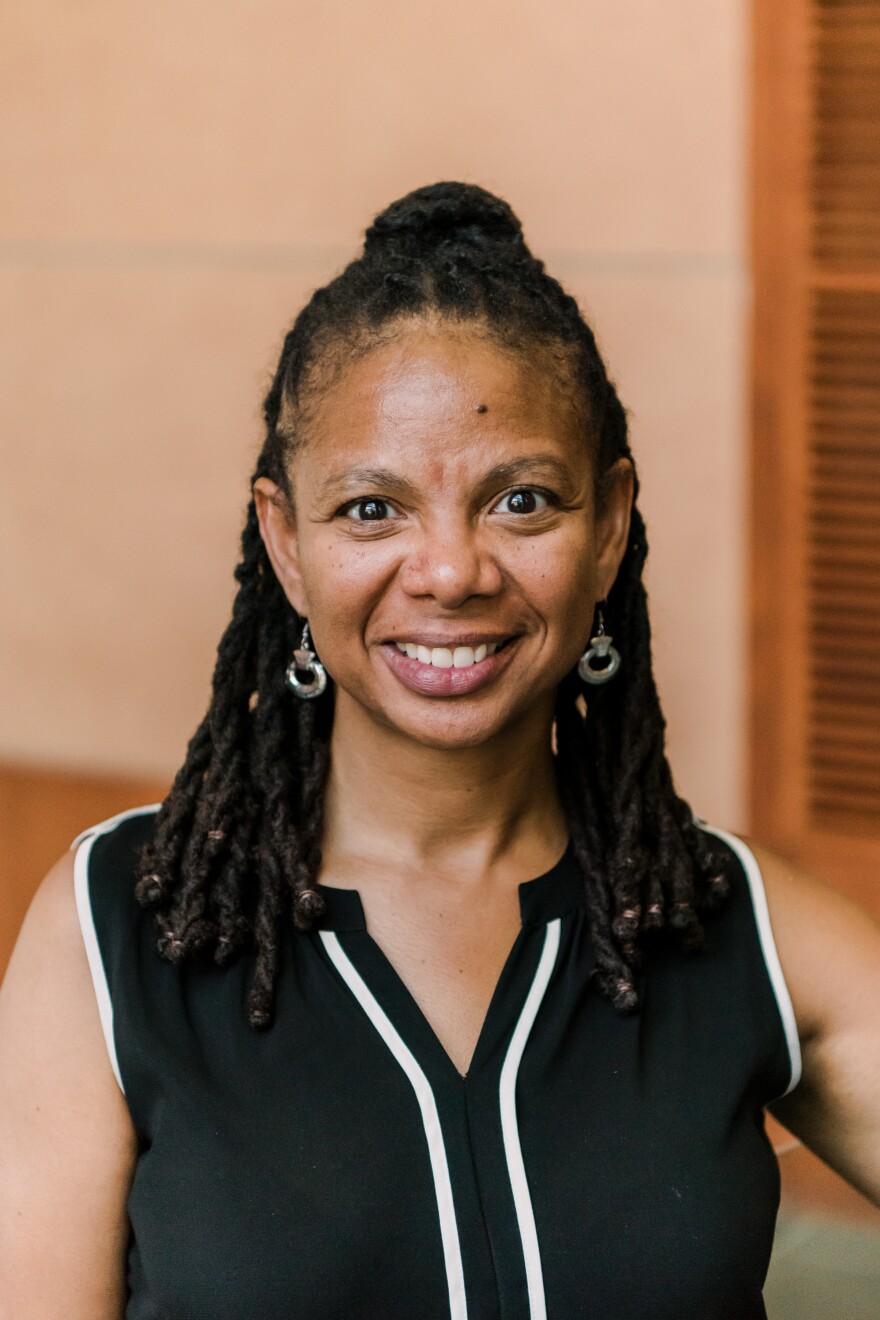Many of us are now confined to our homes possibly with children and a lot of time on our hands. While it creates an exciting time to generate new ideas, start existing home projects, or even read a few good books, it also lays ground for us to take in and be overexposed to all sorts of media. Specifically, we are facing a pandemic and an “infodemic”—an “overabundance” of information that makes it difficult for people to identify truthful and trustworthy sources from false or misleading ones.
Media literacy can help us navigate the flow of information by teaching us how to ask critical questions, be cautious, and be skeptical about the information we accept. This essential life skill requires us to be actively involved in the media rather than passively accept what is given to us. We should always ask those critical questions of who made this and why?; what information is missing?; who benefits and who is harmed?; and how might different groups of people react to it? Your answers might easily reveal the fake news and disinformation circulating abound on traditional media and social media platforms.
This could prove to be a great learning exercise for children as well. Teach them when to move on if a source requires an investment of emotional labor, encourage additional research to backup claims, and when in doubt, avoid sharing to stop the spread of flawed information.
And most importantly, while we’re protecting our bodies, be sure to protect your mind.
Dr. Kimberly Moffitt is Associate Professor and Chair of the Language, Literacy, and Culture Doctoral Program at UMBC and is a boardmember of the National Association for Media Literacy Education


